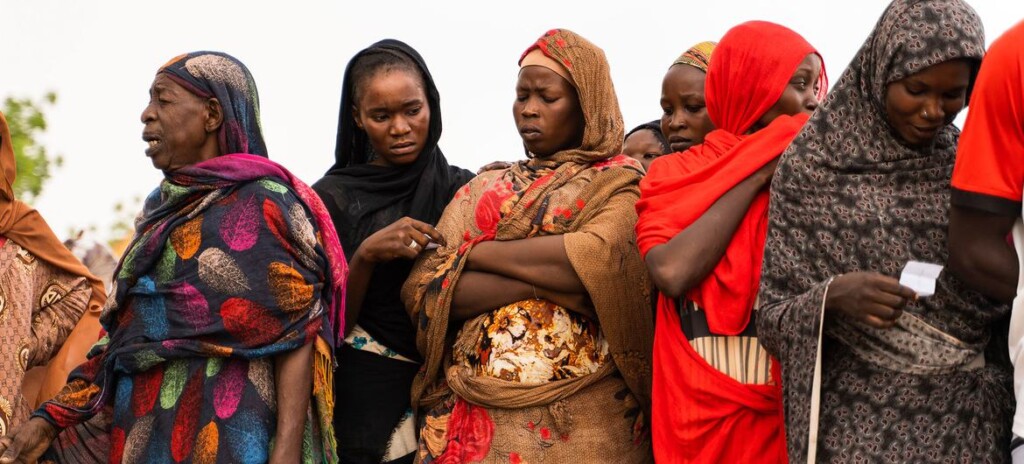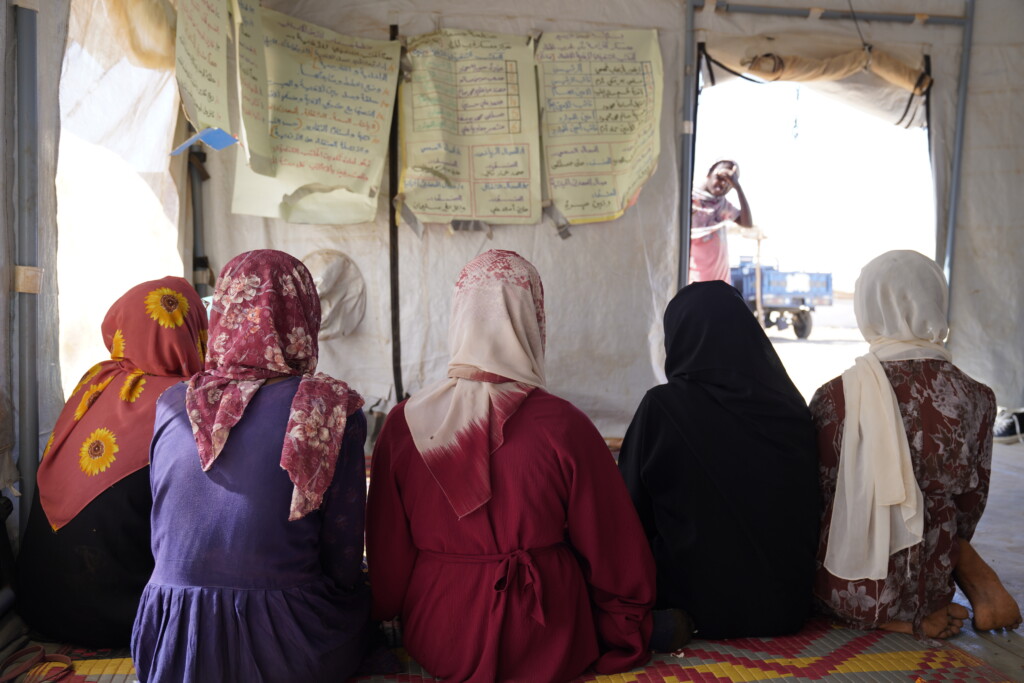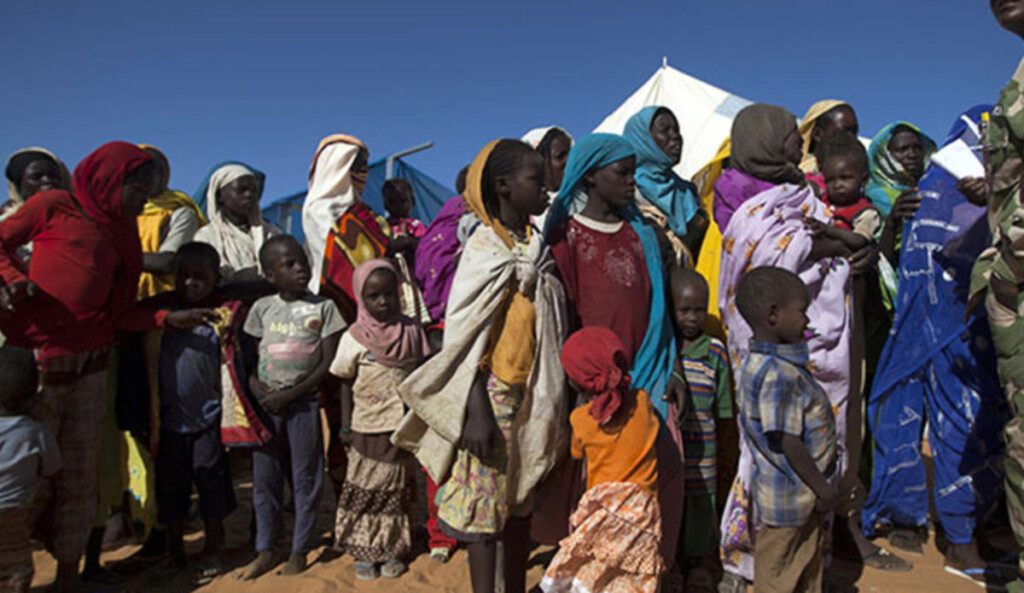Women and girls face full force of Sudan war

SIHA Gender Alert
Report by Jared Wedge-Thomas
Across the Greater Horn of Africa, conflict-related sexual violence (CRSV) has reached alarming levels, devastating women, girls, and entire communities. Survivors face rape, gang rape, sexual slavery, forced marriage, and other abuses, used as gendered weapons of war and tools of terror. Rooted in patriarchal norms, militarisation, and entrenched impunity, these crimes are widespread in Sudan, Ethiopia, South Sudan, Somalia, and Somaliland.
The Strategic Initiative for Women in the Horn of Africa (SIHA) convened a regional webinar on Thursday, Unseen Wounds: Confronting the Devastating Toll of Conflict-Related Sexual Violence on Women and Girls in the Greater Horn of Africa, as part of its #ItsNotYourFault campaign. The hybrid event was hosted online and via in-person hubs across the region.

Panellists included Sudanese women’s rights activist Adla Abubker, South Sudanese lawyer Jackline Nasiwa, and Amnesty International’s Flavia Mwangovya, who highlighted the systematic abuse, silenced survivors, and culture of impunity that leaves perpetrators free.
“CRSV is not an isolated incident, it is a deliberate strategy of oppression,” Mwangovya said. “And in this region, impunity is the weakest link.”
‘The world’s worst protection crisis’
Panellists singled out Sudan, where the war between the paramilitary Rapid Support Forces (RSF) and the Sudanese Armed Forces (SAF) has created what the UN Secretary-General calls “the world’s worst protection crisis.” Hospitals lie in ruins, at least 80 to 90 per cent of Sudan’s health infrastructure has been destroyed, leaving survivors without urgent medical or psychological care.

Abubker said rape, abduction, and collective assaults occur daily. “Violations target all ages, from children as young as one to the elderly,” she stressed. “The RSF is using sexual violence as a weapon of war, just as it did in Darfur since 2003.”
She noted that grassroots groups, often underfunded and harassed, provide safe havens and emergency support where the state has collapsed. Laws like Sudan’s ‘Formula 8’ force survivors to report crimes to the police before accessing healthcare, something extremely difficult in conflict zones.
Abubker also notes that statistics are not entirely representative. “What we document is just the tip of the iceberg. If last week we had 450 cases, today it might be 500. And those are only the ones we can verify,” Abubker said.
Mwangovya added that arms proliferation fuels sexual violence, citing the integration of French-made military technology into United Arab Emirates armoured vehicles used in Sudan. Highlighting the lack of regulation surrounding arms embargoes.
Nasiwa said the absence of functioning courts compounds the crisis. “Military courts have handled most cases, but they are largely ineffective. Protections for witnesses and survivors is crucial as they often face humiliation, harassment and threats.”

‘Community-led resilience’
Despite the bleak situation, panellists underscored the effective efforts of various community-led interventions. Women’s groups in Sudan document violations, shelter survivors, and coordinate with doctors. In South Sudan, survivors’ participation in transitional justice has been written into peace agreements.
However, community initiatives alone cannot take the place of government or international responsibility. “The livelihoods of survivors needs to be addressed alongside punishment and deterrence,” Mwangovya said.
‘A call for solidarity’
The discussion closed with a call to amplify survivors’ voices across the continent. “We must keep speaking, keep demanding accountability,” Abubker urged.
“Power, patriarchy and militarisation”, are the engines of this violence Mwangovya concluded. “We need to address them in times of peace, in order to prevent abuse in times of war.”











 and then
and then